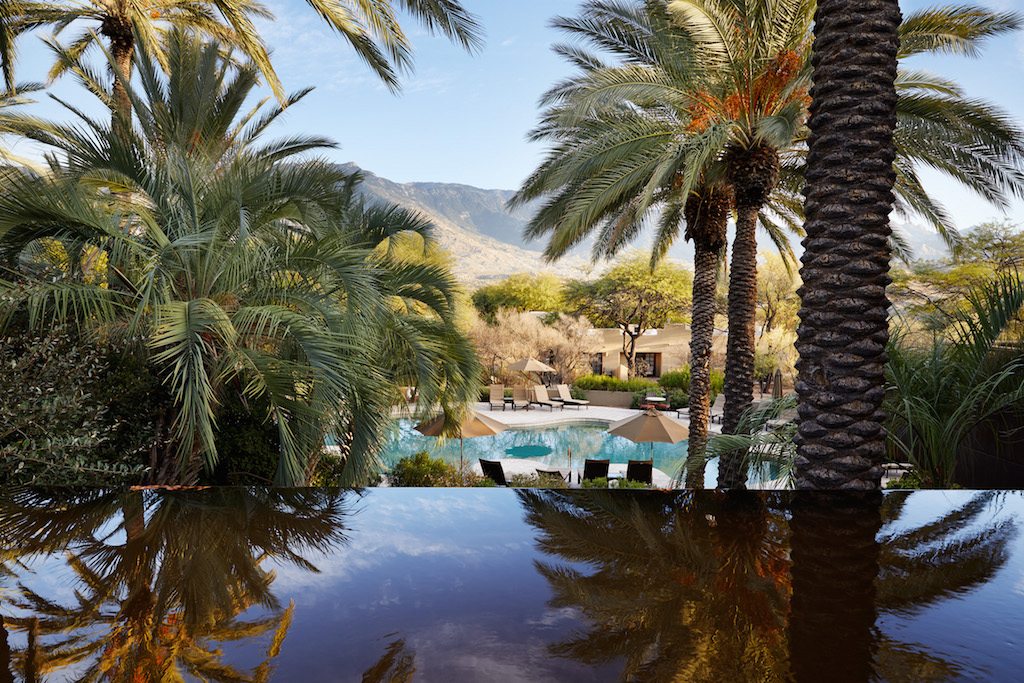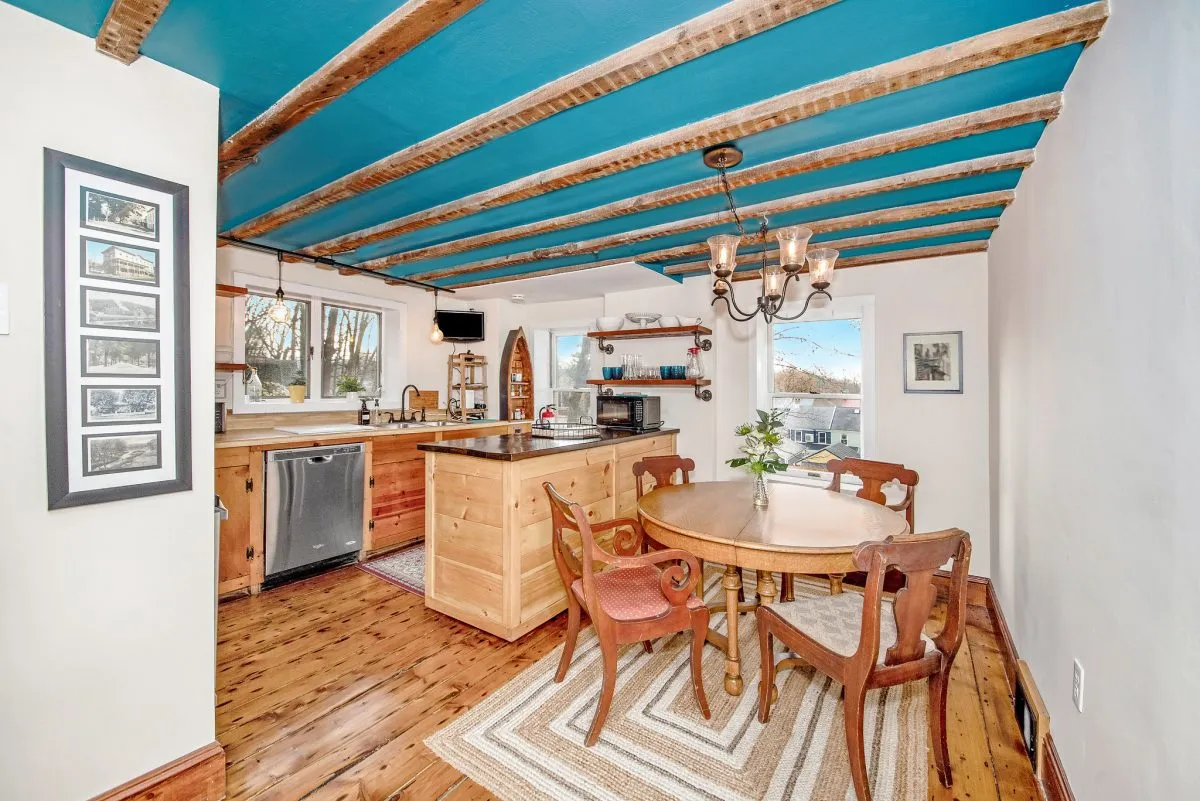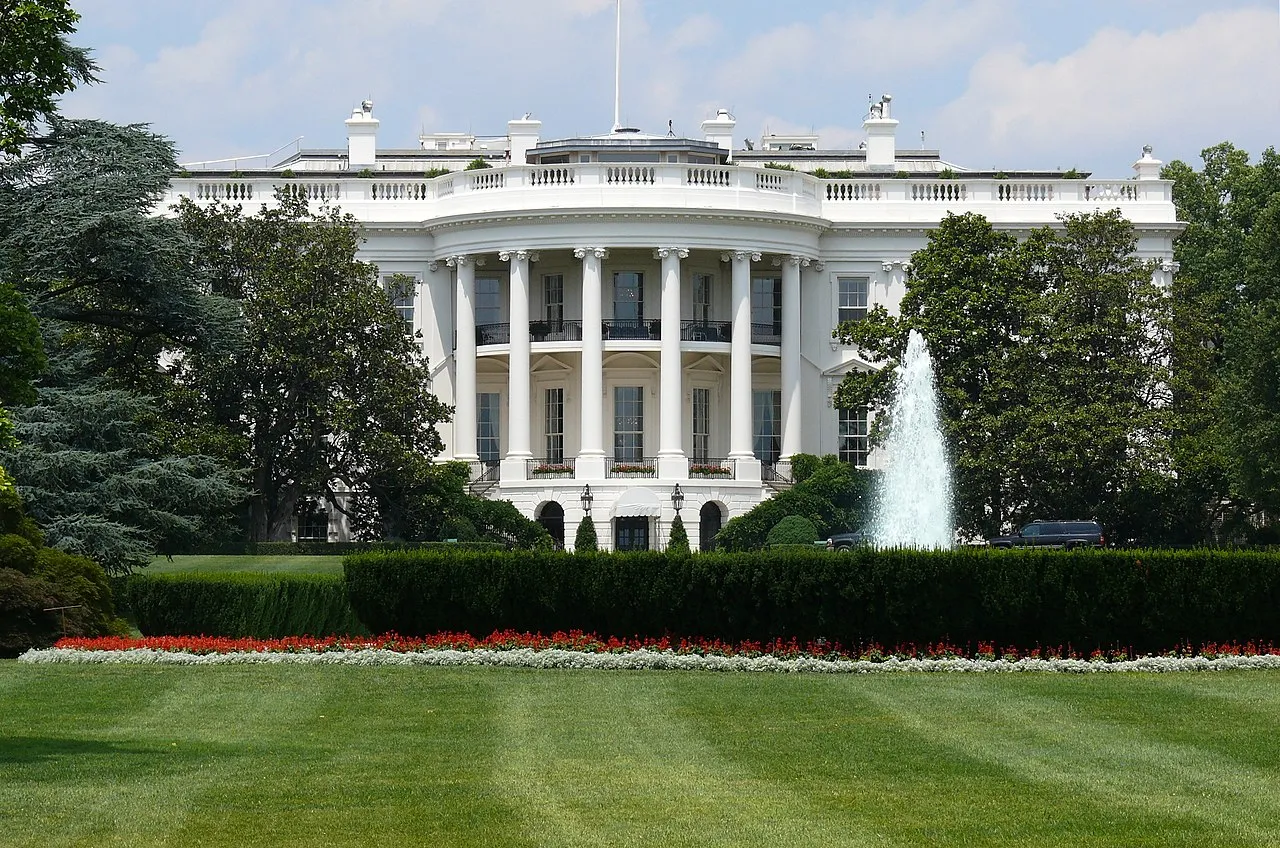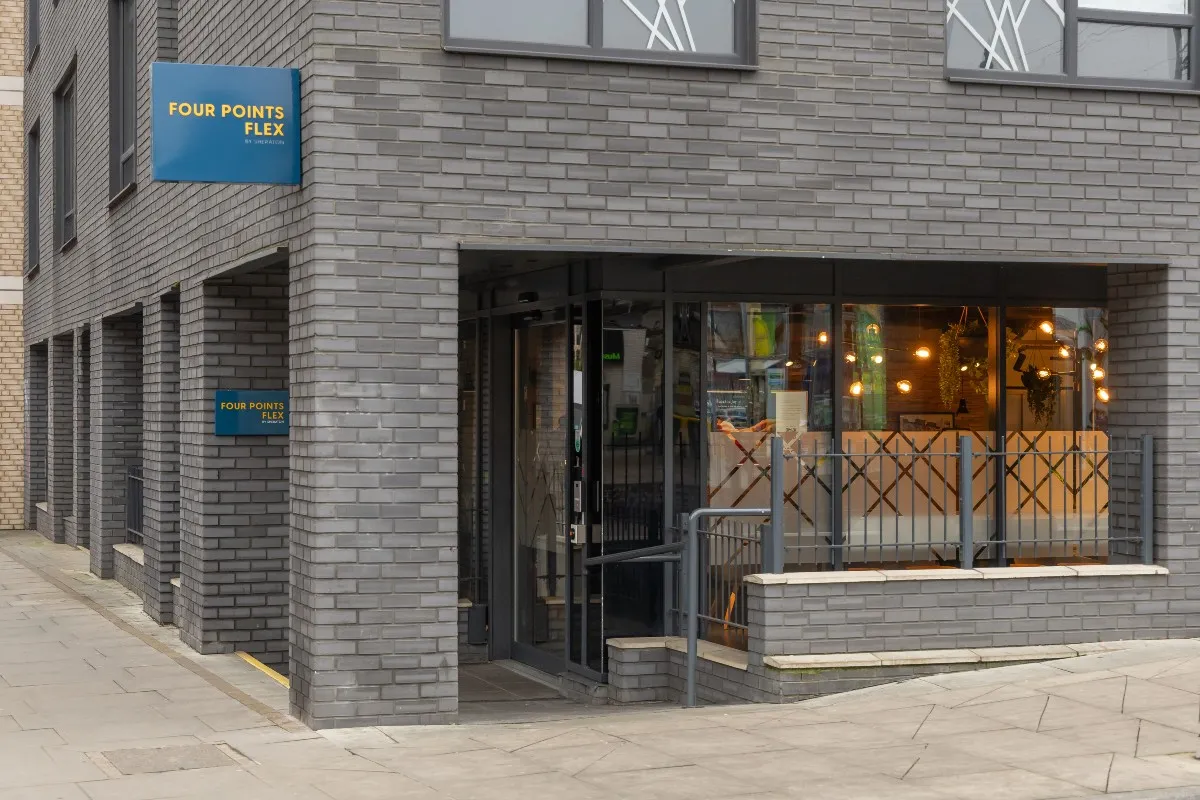Hyatt Acquires Wellness Resort and Spa Company Miraval Group

Skift Take
When Hyatt CEO Mark Hoplamazian told Skift his company was looking to get into "adjacent spaces" back in December, he wasn't kidding.
Today, Chicago-based Hyatt announced its $375-million acquisition of New York-based Miraval Group, a wellness resort and spa company best known for its destination wellness spa resort, Miraval Arizona Resort & Spa in Tucson, Ariz. Hyatt purchased Miraval from an affiliate of KSL Capital Partners, a private equity firm with a number of hospitality investments, including its own recent acquisition of Apple Leisure Group.
The deal includes an initial investment of $215 million for the Miraval brand and the group's two resorts in Tucson and Austin. Hyatt also plans to invest an additional $160 million over the next three years to expand Miraval's flagship Tucson property, its newly acquired Austin resort (a Travaasa Resort), and the acquisition and redevelopment of the Cranwell Spa & Golf Resort in Lenox, Mass. Both the Austin and Lenox resorts are expected to open as Miraval properties in 2019.
When asked to elaborate on what he meant by "adjacent spaces" in December, Hoplamazian mentioned the possibility of entering into the wellness space specifically.
"Another area that is very clearly in demand and an increasing desire amongst our customers is a more holistic and perhaps a more in-depth approach to wellness," he said. "Maybe a more mindful approach to wellness, but wellness extends across a number of different areas, so it could be nutrition, it could be fitness, or it might be spa-related."
With Hyatt's investment, Miraval will undergo what both companies are broadly describing as a "brand expansion" which entails Miraval branded wellness resorts, standalone spas under its Miraval Life in Balance brand, Miraval spas and programming in other Hyatt branded properties, and more.
Miraval Group president and CEO Steven Rudnitsky said expansion of Miraval's wellness resort destinations are "our number one priority for our growth platform." Rudnitsky added, "There are a host of other markets that will benefit from the Miraval experience with a full-blown destination experience. We also know Miraval Life in Balance spa applications make a tremendous lot of sense where there isn't an opportunity for a resort experience. There may also be applications in Park Hyatt or other brands within the Hyatt portfolio. We're looking at the globe holistically, and working with local Hyatt development teams to see where we take the next several Miraval properties or entities, whether they're destination locations or part of a hotel."
How the Deal Came to Be
When Skift spoke to Hoplamazian about the acquisition, he said the decision to acquire Miraval was motivated by a desire to focus on wellness in a way that most of the hotel industry hasn't quite done before.
"It started off with a real sincere interest in what Steve [Rudnitsky] is doing," Hoplamazian said. "Miraval has that same dynamic that we've focused our attention on: significant growth and interest in wellness, in lieu of how the hotels industry has historically approached it. Rather than just have programs around a workout or a gym experience or nutrition, the approach at Miraval is extremely holistic and that, to me, is the major draw and difference that will allow us to maintain impact on the people who experience these programs and experience these resorts."
Hoplamazian said the deal emerged, organically, from a number of conversations he and Rudnitsky had over the course of last year beginning in March and that initially, "it wasn't so much about buying the company but integrating what they were doing into what we have in mind."
Rudnitsky said that, from his perspective, the decision to come to agree to an acquisition by Hyatt "just made a lot of sense" primarily owing to Hyatt's "global footprint, development infrastructure, distribution system and focus on brand integrity."
As part of the deal, Rudnitsky will report to Hoplamazian but continue driving Miraval's brand growth, working with existing Miraval leaders and associates. In a release, Hyatt noted Miraval will also "form a distinct new wellness category within the Hyatt portfolio of brands," which currently consists of 12 different brands.
Wellness Is Winning
Hyatt's decision to acquire Miraval seems like a strategic move on Hyatt's part, especially given the fact that the global wellness industry continues to grow and continues to be in high demand.
According to the Global Wellness Institute, global wellness tourism revenues grew to $563.2 billion in 2015 and overall, the global wellness economy generated revenues of $3.7 trillion in 2015.
Given that Miraval is relatively small, with only two resort properties and one standalone spa at the moment, with another property on the way, purchasing it now and growing the brand represents a prime opportunity for Hyatt. And the fact that Miraval has built a solid reputation for itself over the past 20 years with its unique approach to wellness also bodes well for both companies.
And using its asset-recycling approach to hotel development, Hyatt expects this investment to be accretive to adjusting earnings in 2017 and 2018, with a cash-on-cash yield "in the high single digits within four to five years."
Hyatt isn't the only hospitality company making wellness more of a focus, either. As Skift noted earlier this year, more hotels are transforming their fitness offerings to be more tech-driven and on-demand. As more travelers demand and expect better overall wellness and fitness experiences from their travelers, it only makes sense for Hyatt to expand in an adjacent space like this one.
And given the hints Hoplamazian dropped in our earlier interview from December, it's safe to assume forays into food and beverage and family travel aren't far behind, either.




